Holidays in Istanbul: Key Dates and Celebrations
Knowing the holidays of a destination is essential to enjoy its traditions, festivities, and better understand its culture. Additionally, it’s important for planning activities, as many tourist attractions, offices, or institutions may close during these dates. Istanbul, a city with a rich history and cultural diversity, celebrates both national and religious holidays. Each of these dates holds special significance, from commemorating important historical events to deeply rooted Islamic celebrations. Below, we present the most notable holidays and their cultural relevance, along with useful tips for travelers.
National Holidays in Turkey
National holidays reflect key moments in Turkey’s modern history, particularly those related to the founding of the Republic and the legacy of Mustafa Kemal Atatürk. These days are official public holidays and are celebrated with public events, parades, and commemorative acts throughout the country:
- New Year’s Day: January 1. A day to relax and enjoy the celebrations of the year’s beginning. Although not originally a Turkish tradition, New Year’s Eve is enthusiastically celebrated in Istanbul with fireworks and nighttime events.
- Martyrs’ Day: March 18. This day commemorates the Turkish naval victory over the Allies in the Dardanelles Strait during World War I. It is a significant date to honor the heroes who defended the country’s sovereignty.
- National Sovereignty and Children’s Day: April 23. A dual celebration marking the inauguration of the Turkish Parliament in 1920 and paying tribute to children as symbols of the nation’s future. Schools organize events and parades featuring children.
- Atatürk’s Birth and Youth and Sports Day: May 19. This date marks the beginning of the Turkish War of Independence led by Atatürk. It is celebrated with marathons, sports competitions, and patriotic ceremonies.
- Victory Day: August 30. This national holiday commemorates the victory over Greece in 1922, a pivotal moment in the Turkish War of Independence. Military parades and official speeches are part of the day.
- Republic Day: October 29. This marks the proclamation of the Republic of Turkey in 1923. It is the most important national holiday, celebrated with shows, concerts, fireworks, and cultural activities throughout the country, especially in Istanbul.
- Atatürk Memorial Day: November 10. At 9:05 a.m., the exact time of his death, the entire country observes a minute of silence to honor the memory of the Republic’s founder. Special ceremonies take place at iconic locations in Istanbul, such as Atatürk’s Mausoleum.
Religious Celebrations
Turkey has a strong Islamic tradition, and its religious celebrations are deeply rooted in its culture. These holidays follow the Islamic lunar calendar, so their dates change each year:
- The Prophet’s Night Journey (Isra and Miraj): Variable date between June and July. This day commemorates the Prophet Muhammad’s ascension to heaven from the Al-Aqsa Mosque. It is a day for reflection and special prayers.
- Festival of Sacrifice (Kurban Bayram): One of the most important celebrations in the Islamic calendar. Families sacrifice a lamb or similar animal, sharing the meat with the less fortunate. It is a time of unity and charity, accompanied by family gatherings.
- Ramadan: During this holy month, Muslims fast from dawn until sunset. At the end of Ramadan, the Bayram festival is celebrated, a period of festivities where families visit each other and enjoy special meals. In Istanbul, nighttime markets and cultural events are organized.
- Islamic New Year: Variable date based on the Islamic lunar calendar. It marks the beginning of the new year in the Hijri calendar, an important date for the Muslim community.
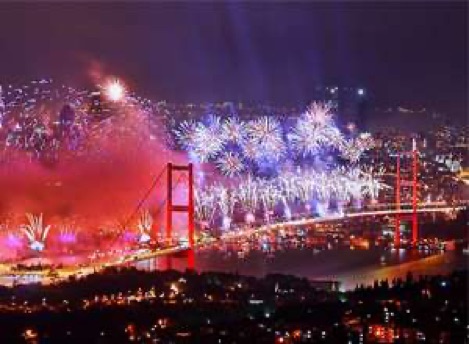
Tips for Traveling During Holidays
Traveling during holidays in Istanbul can be an enriching experience if you are well-prepared. Here are some tips to make the most of these dates:
- Check the schedules of major tourist attractions in advance, as some may close or have reduced hours, especially during religious holidays.
- If you plan to visit mosques during religious festivities, prepare for larger crowds and respect etiquette, such as dressing modestly and maintaining silence.
- During Ramadan, many restaurants remain closed during the day, but at night the streets come alive with celebrations and special dinners.
- Public transportation may be busier during Bayram and the Festival of Sacrifice, as many people travel to reunite with their families. Plan your trips in advance.
- Participate in local events like parades, concerts, and markets to experience Turkish culture at its most festive.
Conclusion
Knowing Istanbul’s holidays will allow you to enjoy its traditions, festivals, and cultural activities to the fullest. Additionally, it will help you better plan your itinerary and avoid inconveniences such as attraction closures or changes in transportation schedules. Both national and religious celebrations offer a unique opportunity to immerse yourself in Turkey’s rich culture and history, discovering a special side of Istanbul that is not always visible to tourists. Plan ahead and get ready to enjoy the magic and festive spirit of this fascinating city.
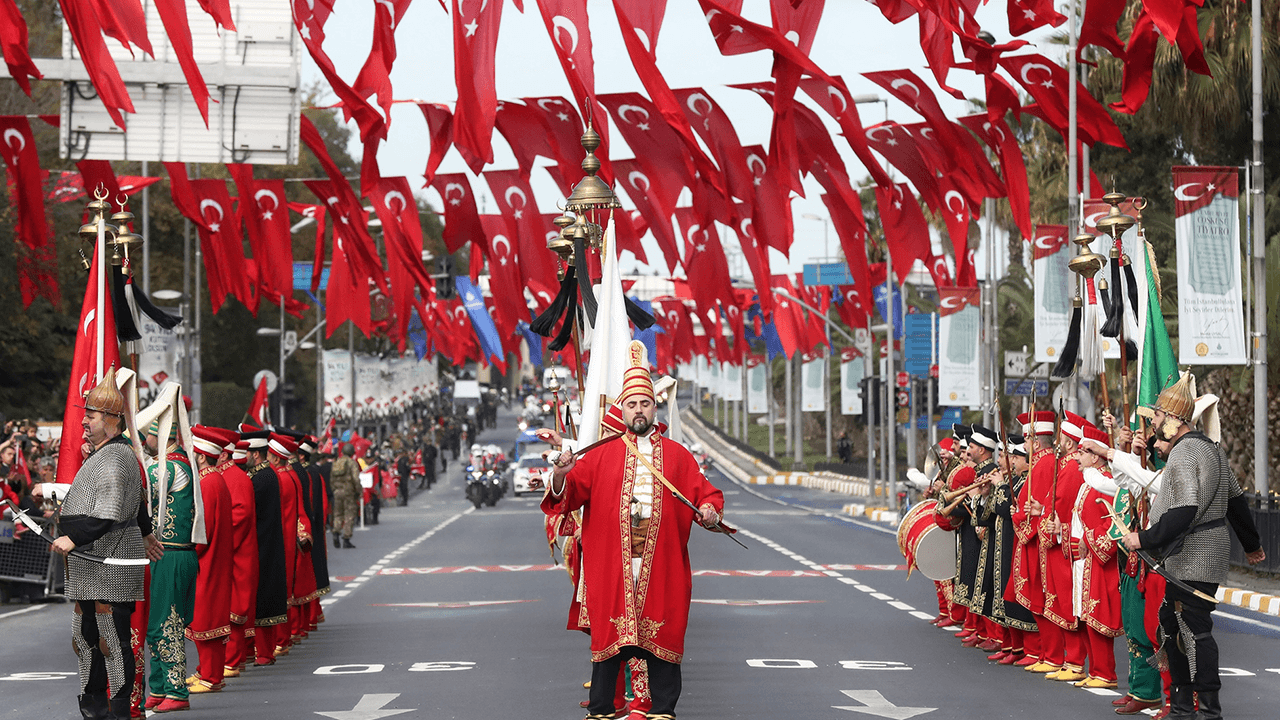
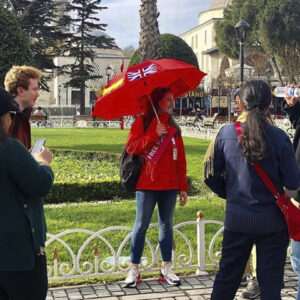
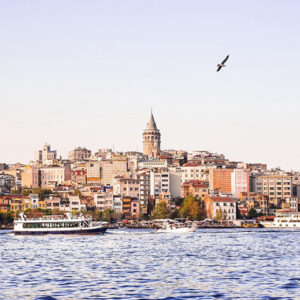
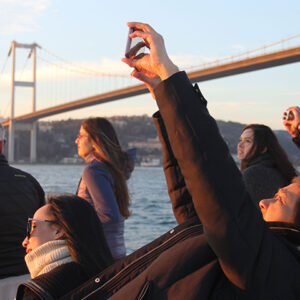
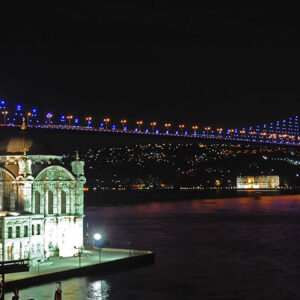

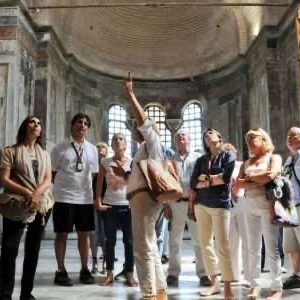
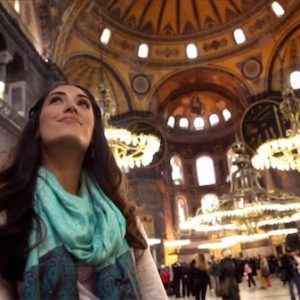
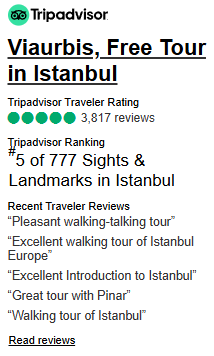
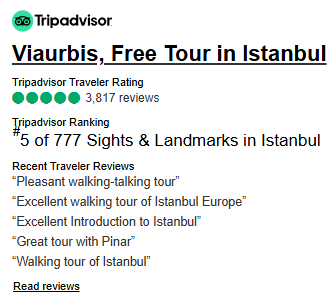
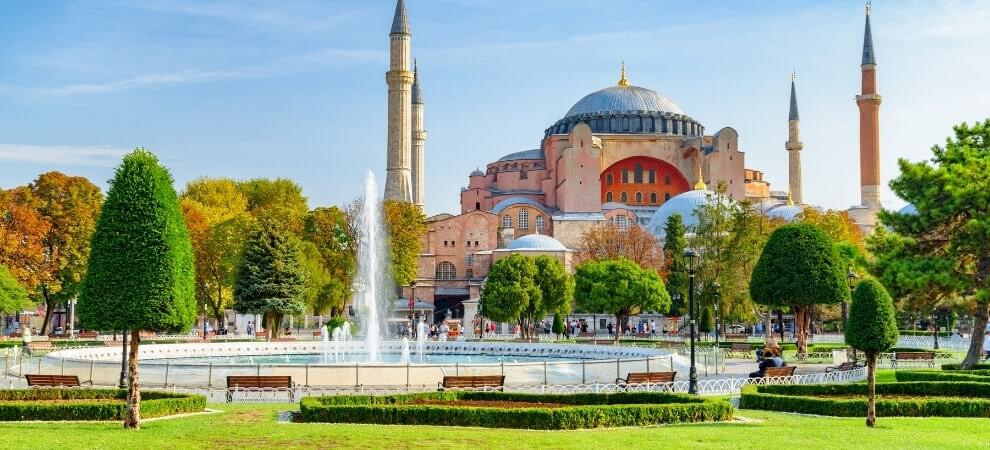
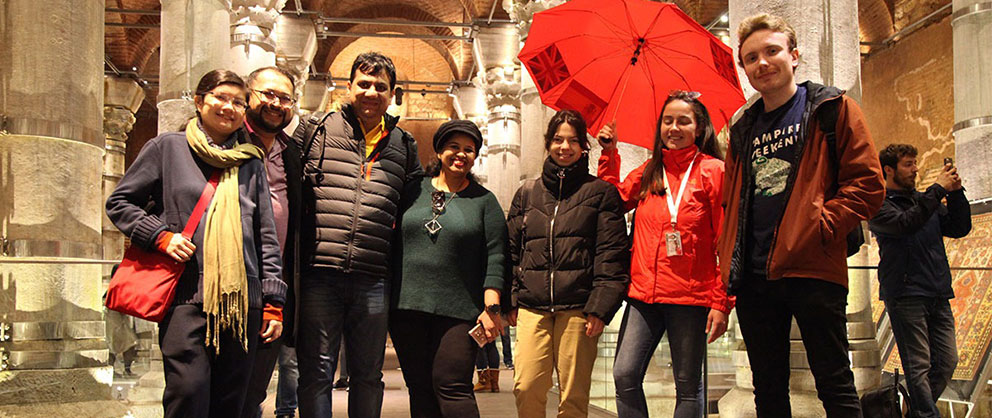
3 thoughts on “Holidays in Istanbul”
★★★★★
Learning about and visiting ‘Holidays in Istanbul’ was both fun and educational. Everyone should experience this!
★★★★★
The charm of ‘Holidays in Istanbul’ captivated me entirely. It’s a destination that leaves no one indifferent.
★★★★★
My journey to ‘Holidays in Istanbul’ was nothing short of amazing. A must-see for anyone exploring the area!